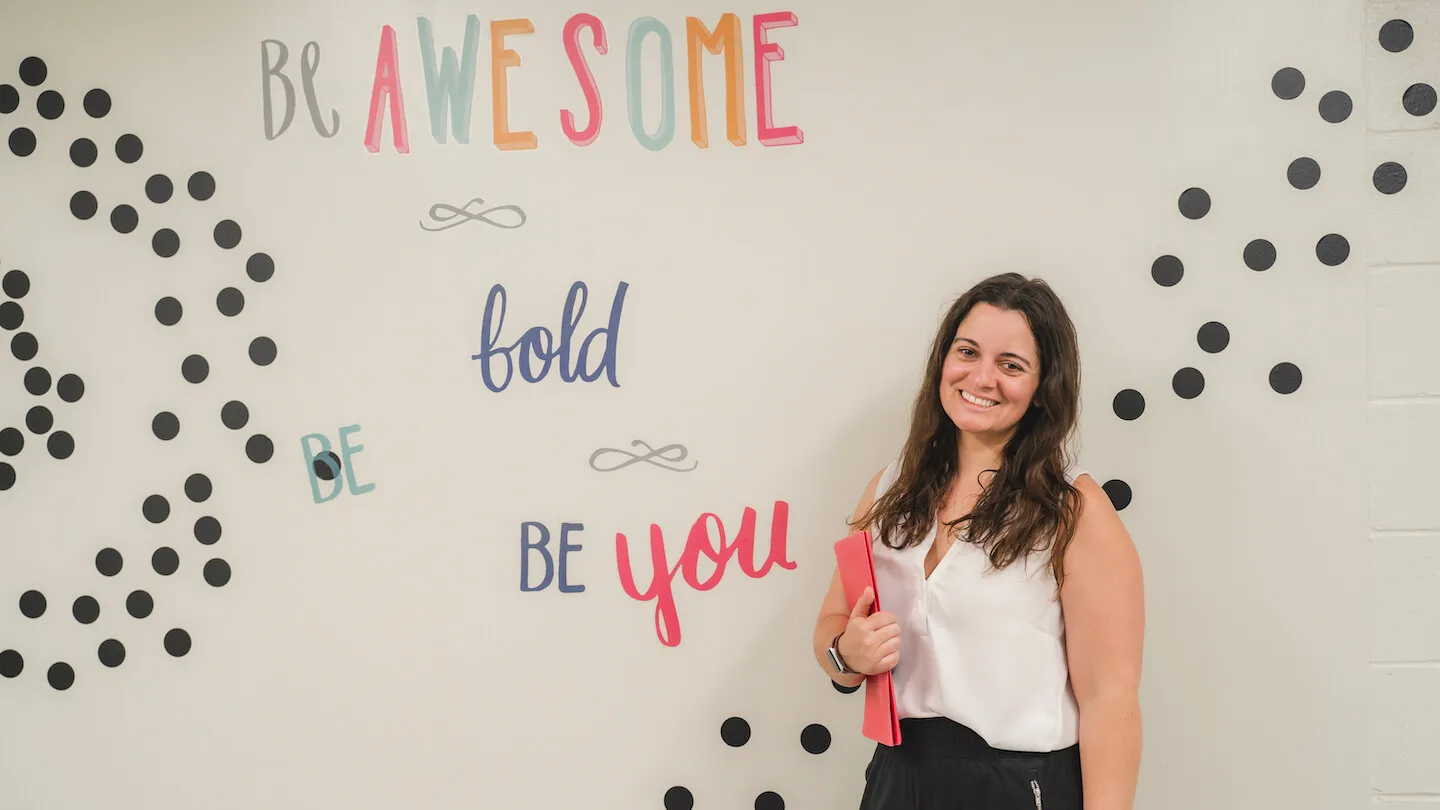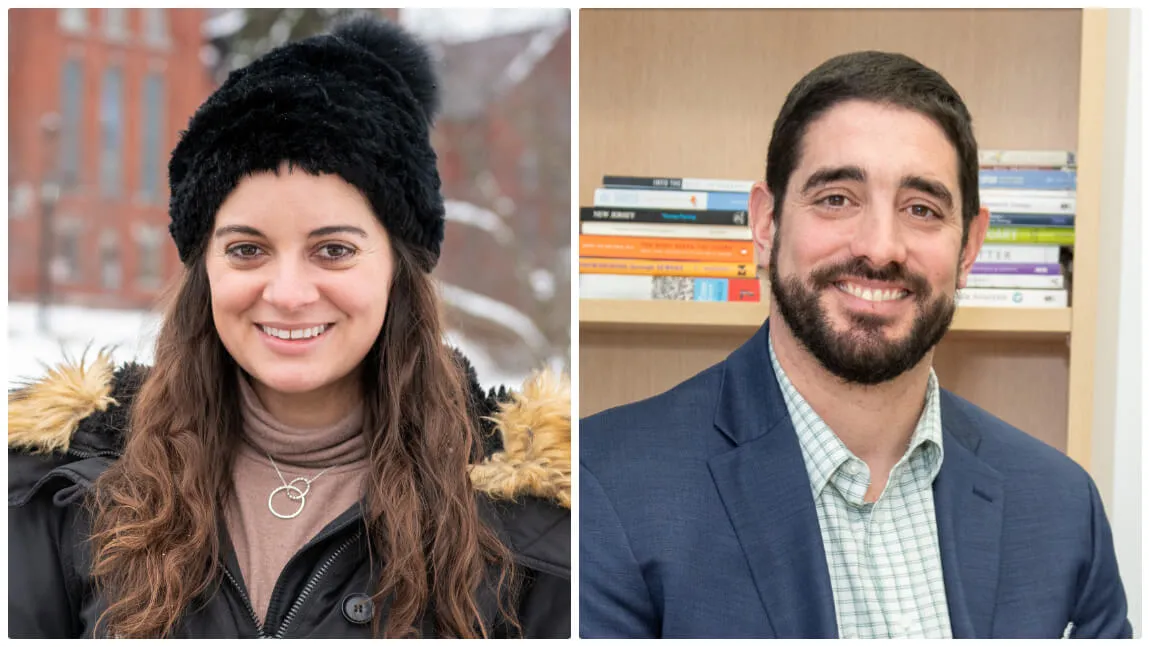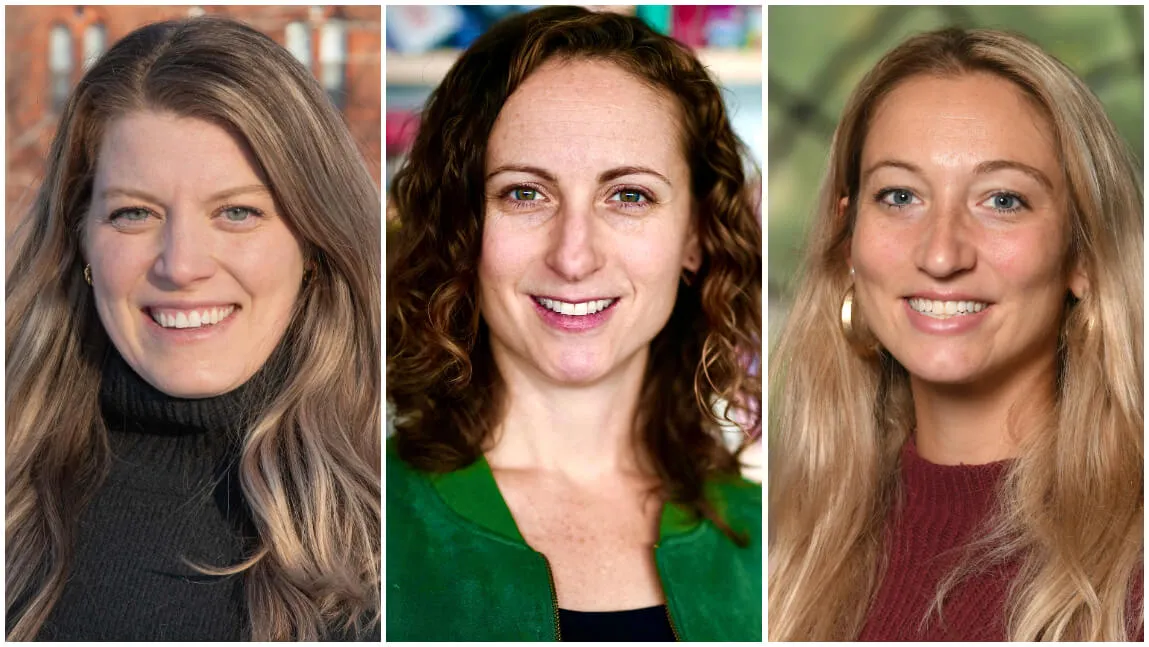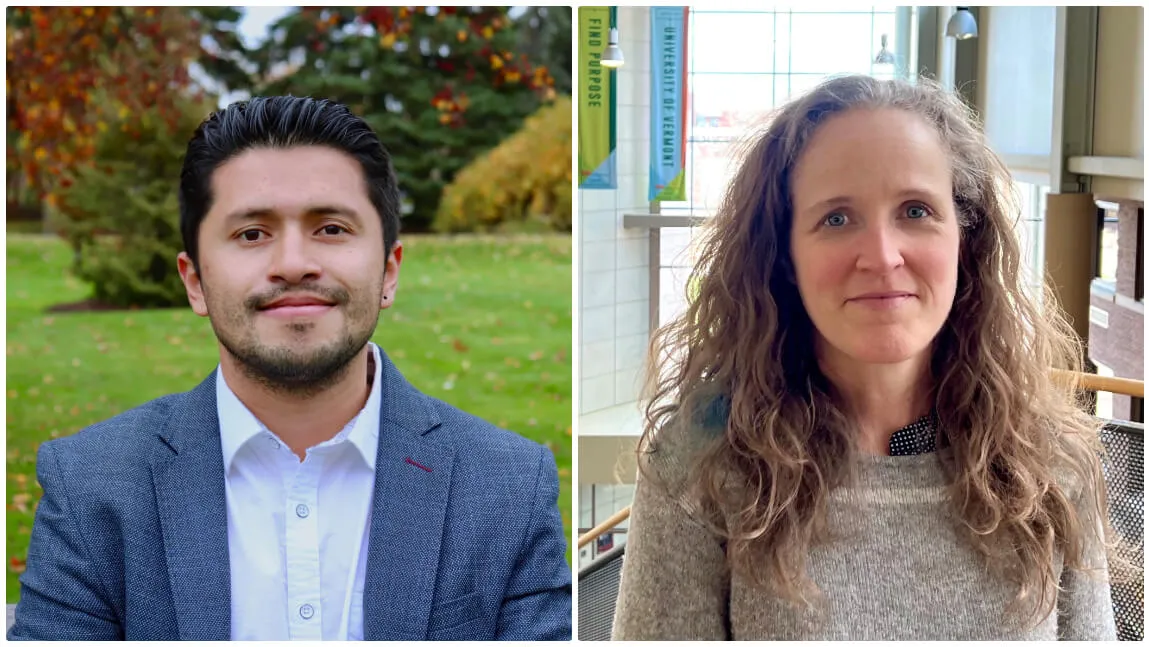Monica Desrochers is passionate about leading systemic transformation in public schools. Her 14-year career includes experience teaching in dual-language classrooms and coaching prior to her current leadership role for the South Burlington School District.
“As a Latina, my educational and professional journey has been deeply shaped by my lived experiences navigating predominantly White institutions,” she says. “My identity and experiences fuel my passion for dismantling systemic barriers in education and creating more inclusive, affirming learning environments for all students.”
Desrochers was attracted to the equity-focused leadership, applied research, and practitioner-based inquiry in UVM’s Educational Leadership and Policy Studies (EDLP) doctoral program.
“I was drawn to the way the program equips educators to engage critically with policy, research, and leadership theory while staying grounded in the real challenges schools and communities face. I wanted a program that would challenge me intellectually while also offering the tools to drive change in my current role.”
To advance inclusive practices and promote student well-being, Desrochers leads district-wide learning and systems that support students, staff, and families.
“One of the most rewarding aspects of the EDLP program is the opportunity to deeply engage with research that directly informs my practice,” she explains. “My dissertation allowed me to explore the relationship between school leadership, race, gender and teacher perceptions—topics that directly relate to the work I do every day.”
Desrochers credits Professor Rebecca Callahan for offering practical guidance and encouragement throughout every step of the process.
“Monica’s analysis of nationally representative education data illustrates how teachers’ perceptions of their school leaders are more strongly related to those leaders’ racial and gender identities than their time spent on instructional leadership,” Callahan says. “This underscores the need to attend to our conscious and unconscious biases in how we perceive our leaders.”
The EDLP cohort model created a space for honest, critical dialogue that pushed her thinking and expanded her leadership lens, Desrochers says.
“Our cohort became a community of trust, reflection, and shared purpose. We came from different backgrounds and roles, but our collective commitment to student-centered leadership created strong bonds.”
Critical conversations are expected, she emphasizes.
“The college creates space for educators to explore complex questions about race, identity, policy, and leadership in a way that feels authentic and grounded in justice. I always felt challenged and supported simultaneously.”
Long-term, Desrochers plans to contribute to educational research and policy at the state or national level to ensure that marginalized voices are centered and affirmed in decision-making processes.
“Completing my dissertation research felt like a big step as a Latina,” she says. “My hope is for my research to stand strong amid the pressure to silence us.”
Thus, she often uses an expression by the late Nicaraguan priest and poet Ernesto Cardenal:
“Quisieron enterrarnos, pero no sabían que éramos semilla.”
English translation: They wanted to bury us but they didn't know we were seeds.



